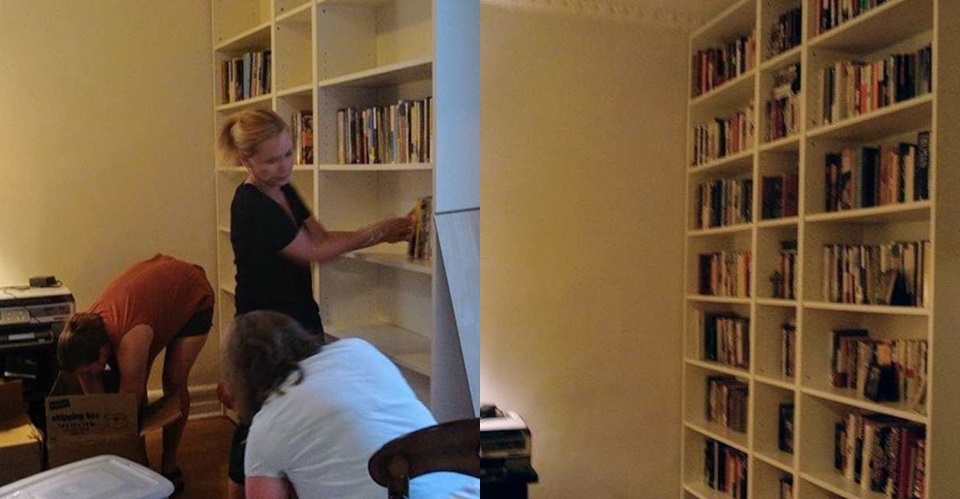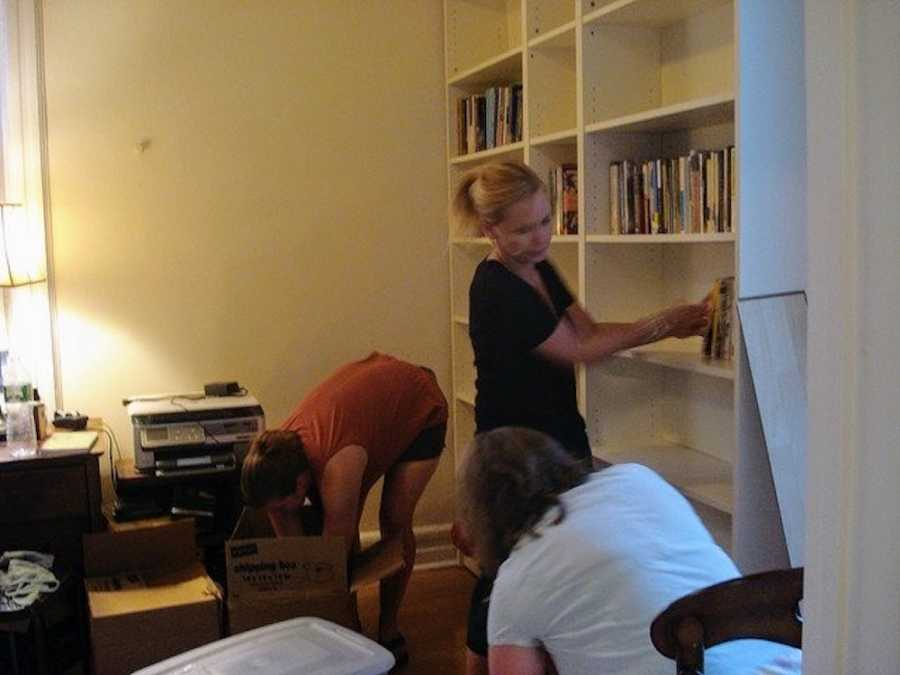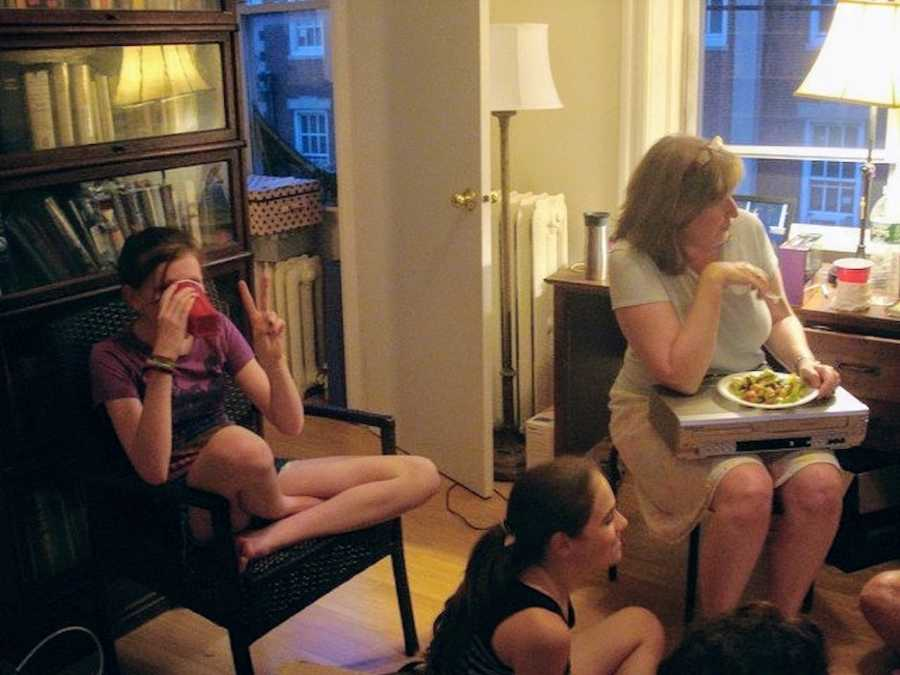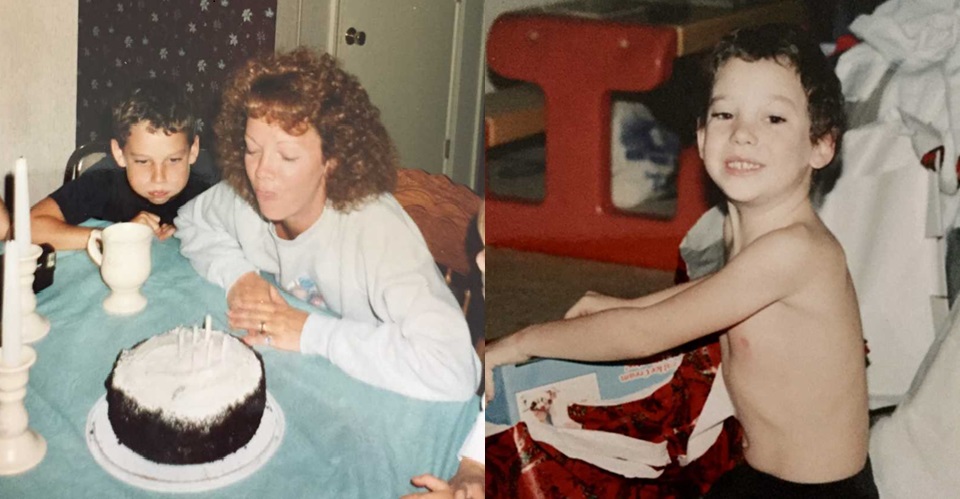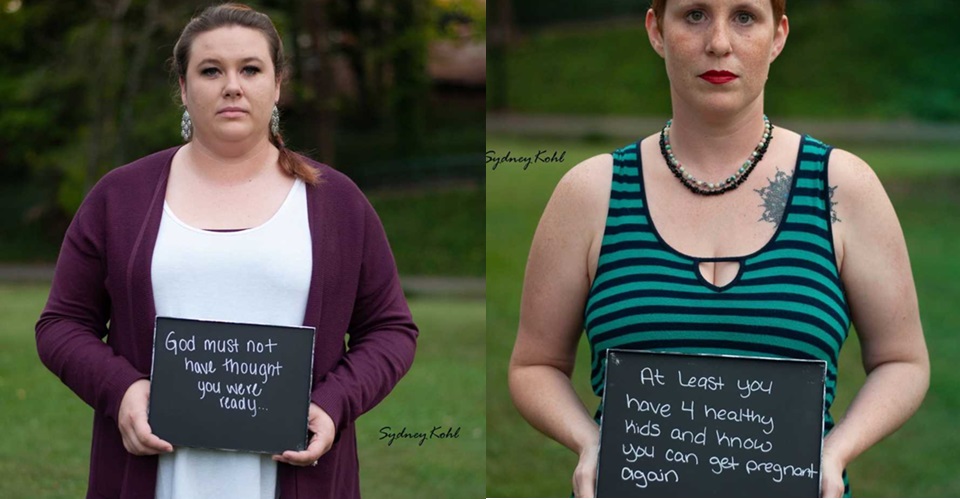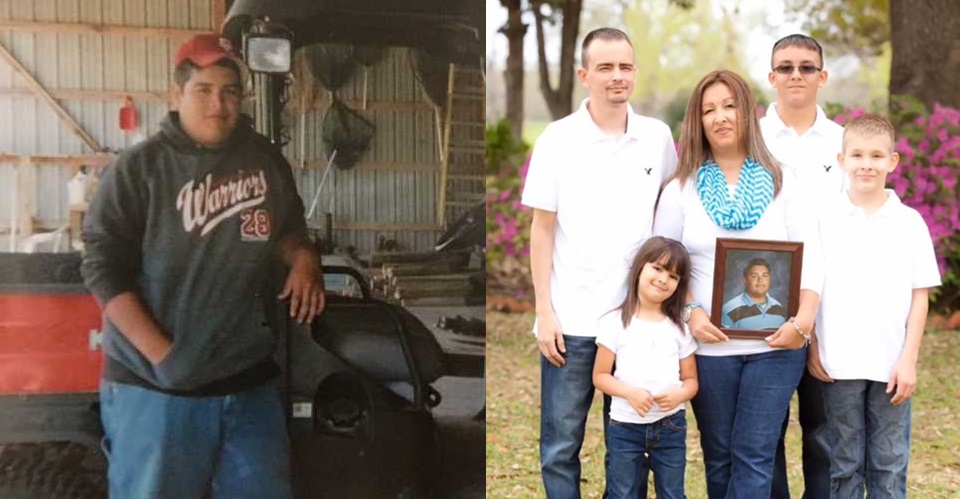The year after her dad died felt like a fog that would not lift. Sheila said she remembered almost none of it, as if someone pressed delete on her brain. She moved into a new apartment, but the boxes sat there for months like silent judges, stacked high and unopened. She hated herself for it. Who cannot unpack? It is the most straightforward task. Cut the tape, pull out the dishes, and put them away. Yet every box felt like a mountain, and she was too tired to climb. She cried for nineteen days straight. Not on and off, but straight.
Her friend David, who had known her since high school, could see her sinking. He tried the usual lines, the “you are loved, we need you” reminders. They were nice words, but they rolled off like water on glass to her. She barely cared. Still, David refused just to stand by. He decided to take a chance, the kind of chance that could have blown up in his face. He emailed many of their friends without telling her, explaining she was struggling, and suggested they descend on her apartment. Bring food, bring beer, make it fun. Basically, stage an intervention with tacos.
He sent her a small message, asking if she would be home on Thursday evening. She said sure, thinking it was just him. So she sat there, surrounded by 200 unopened boxes, when at 6 p.m. the bell rang and ten people poured in. They were loaded with food, cleaning supplies, and zero tolerance for her protests. She tried to tell them they could not come in because the place was a mess. They ignored her. Within minutes, music was on, drinks were open, and her friends were tearing into the cardboard with gusto.
They unpacked every book, all 1,500 of them. They hung pictures and set up her closets. They folded clothes and organized drawers. Someone created a taco station in the kitchen. Another friend yelled, “Put me to work,” before removing their coat. One friend insisted on handling the hallway posters, telling Sheila to get out of the way because she was better at measuring. And honestly, she was right. The apartment was transformed in just a few hours.
Sheila admitted she felt embarrassed at first. Seeing people see her so stuck and incapable of doing simple things was humbling. But the embarrassment melted fast because her friends were so matter-of-fact. They were bossy in the best way, refusing to let her sink into shame. By the night’s end, her apartment was unpacked and filled with laughter, beer bottles, and the smell of tacos. It felt like a home, not just a space with walls.
She remembers looking at one friend’s husband, a quiet tugboat operator who never wasted words. She wanted to thank him but did not know how. He saw the look on her face and said, “Listen, baby, what we did today was a barn-raising.” And that was precisely it: a community effort that used to happen in small towns where everyone pitched in.
Sheila said people often tell you to ask for help, but it is not that easy. There is shame, pride, and the fear of being a burden. When you are depressed, asking feels impossible. Her friends did not wait for permission; they just showed up and handled it. It could have gone badly, she admitted. She might have felt offended or exposed. But friendship is about risk, about caring enough to risk crossing a line.
When they finally left four hours later, the apartment was not just tidy; it was layered with a new memory whether it is a group memory of laughter, dirty jokes, and shelves filled together. That night, she rewrote the story of that apartment. It was no longer a monument to grief but a reminder that people loved her enough to roll up their sleeves. She believes everyone should try to be that kind of friend, who shows up, takes charge, and does not wait for an invitation. Sometimes, the kindest thing you can do for someone drowning is not to wait for them to call for help but to jump in after them.
